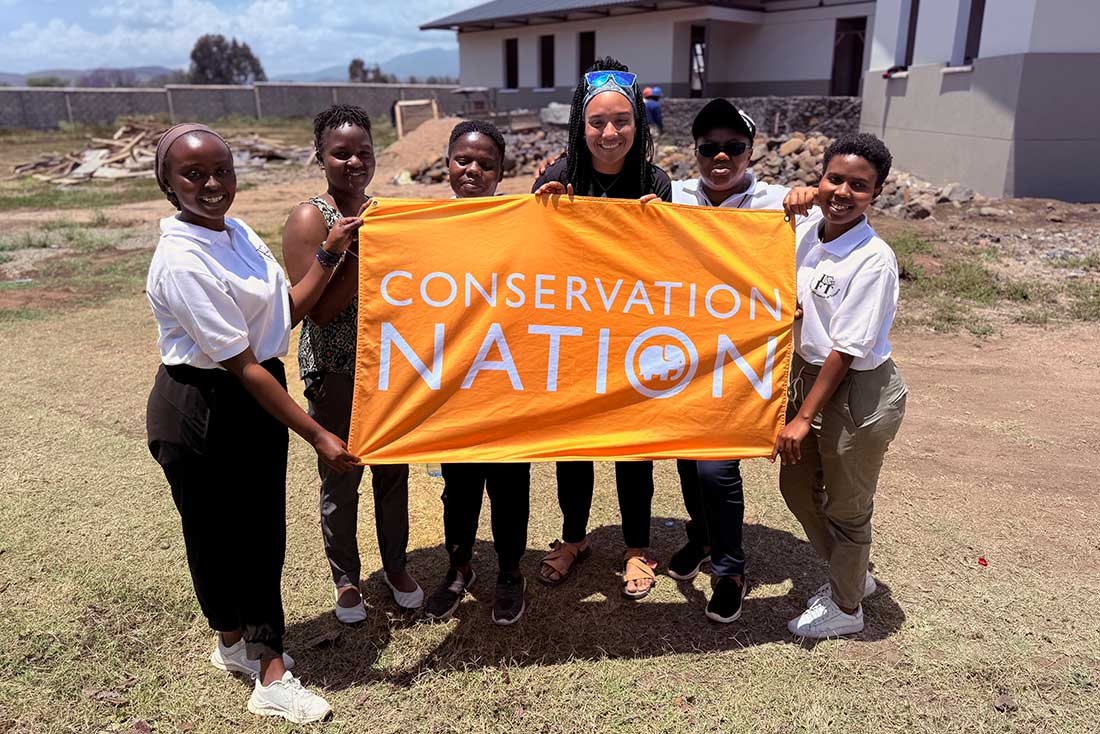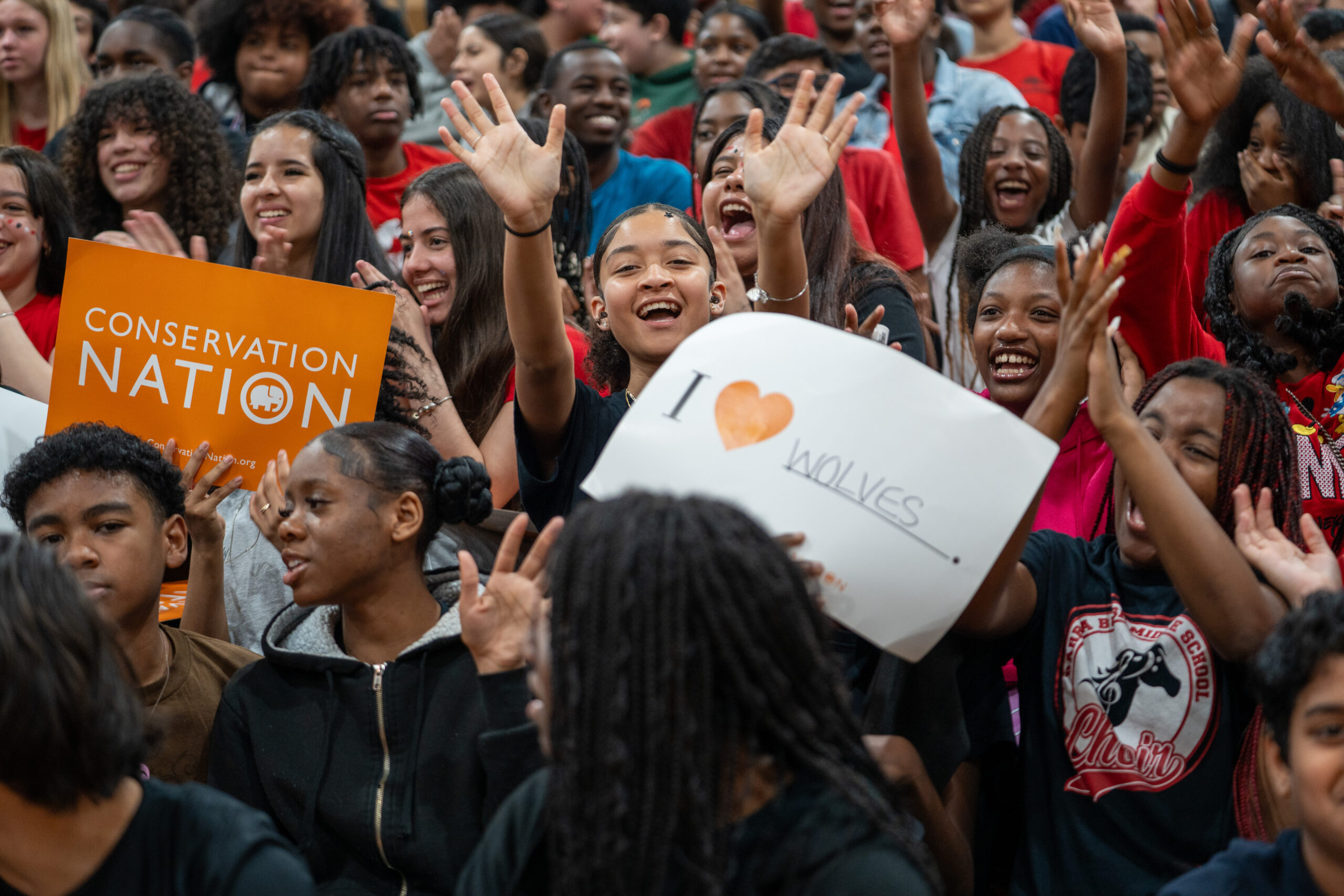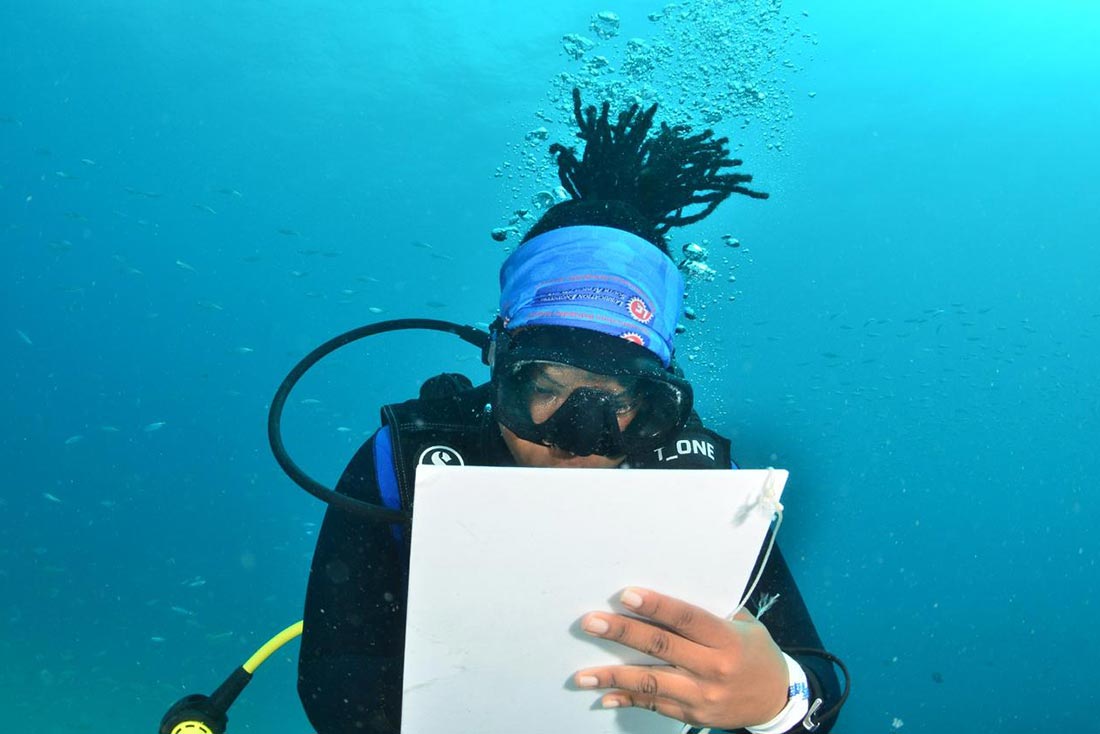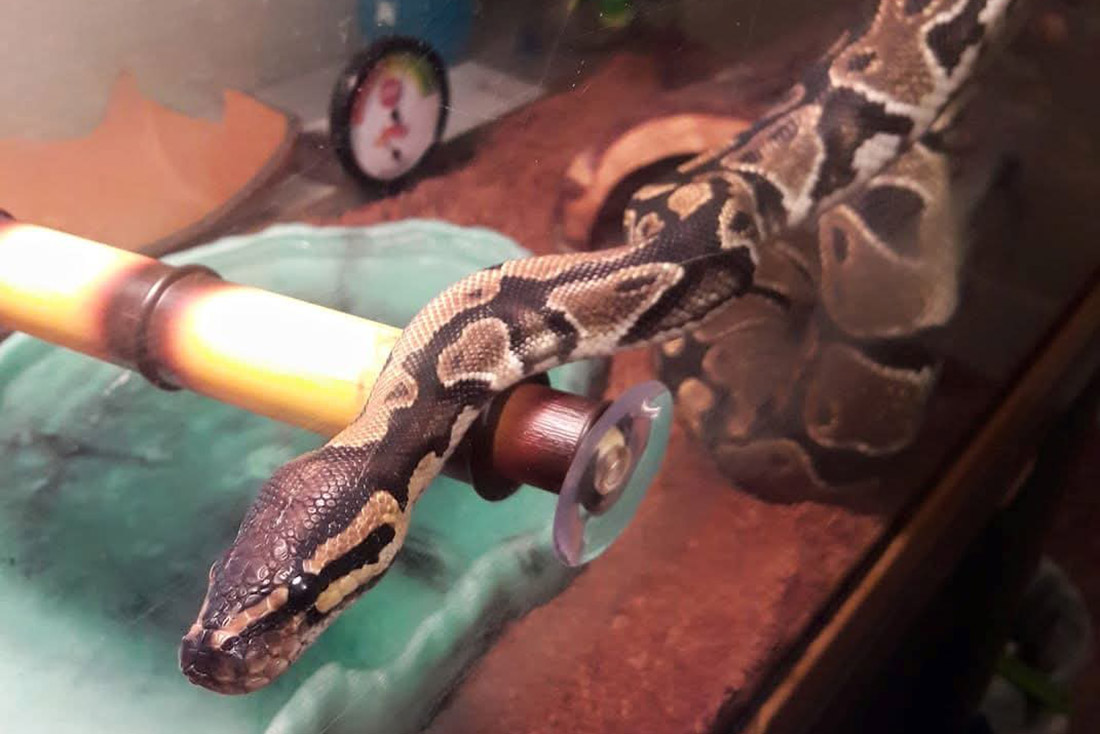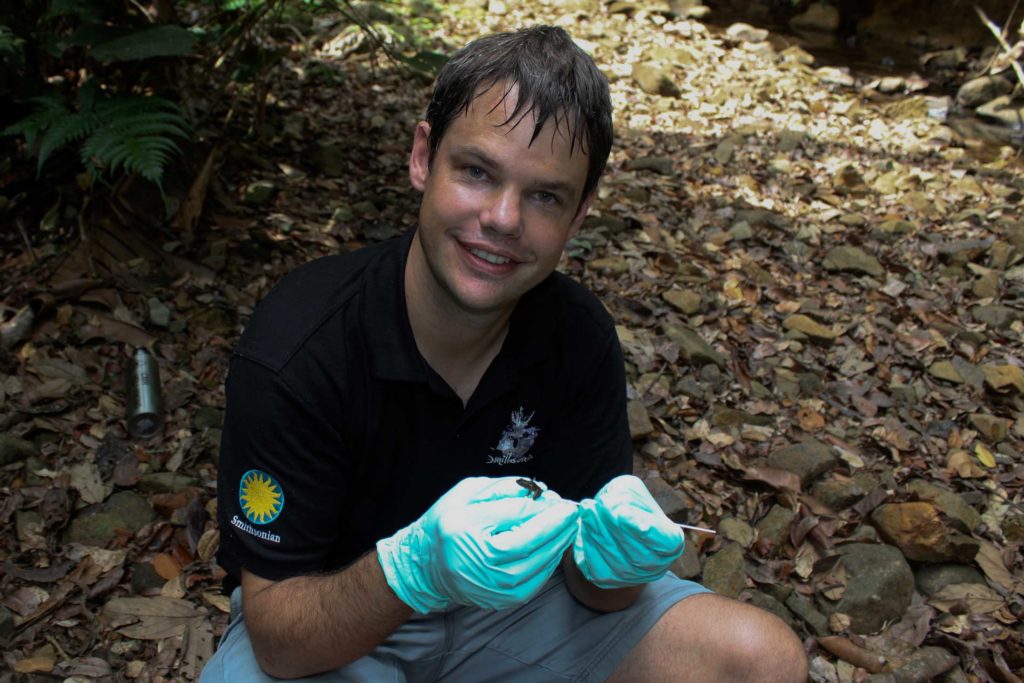Brian Gratwicke is a conservation biologist and leads the amphibian conservation programs at the Smithsonian Conservation Biology Institute. Gratwicke’s focus has been on building capacity to conserve amphibians in Appalachia and Panama, developing outreach and educational programs and exhibits to build public support for amphibian conservation, and research to develop tools that will allow scientists to reintroduce amphibians back into the wild.
At SCBI, Gratwicke’s focus is working with the Smithsonian Tropical Research Institute and zoo partners to build an ex situ amphibian facility in Panama. That facility maintains and grows captive assurance populations of some of the species most heavily affected by the impacts of the deadly amphibian chytrid fungus. Gratwicke’s research focuses on developing applied solutions for the chytrid fungus threat, including research into the area of beneficial skin bacteria and identifying genetic traits associated with resistance to the disease. He also conducts research into emerging diseases and the effects of climate change on Appalachian salamanders.
Gratwicke grew up in Zimbabwe and began his conservation work researching the impacts to freshwater fish in Africa. In 2000, he was awarded a Rhodes scholarship that took him to Oxford, where he studied marine fish communities in the British Virgin Islands for his doctorate. After completing his doctorate, Gratwicke moved to Washington, D.C., where he worked as a program administrator and then assistant director of the National Fish and Wildlife Foundation’s Save the Tiger Fund.

